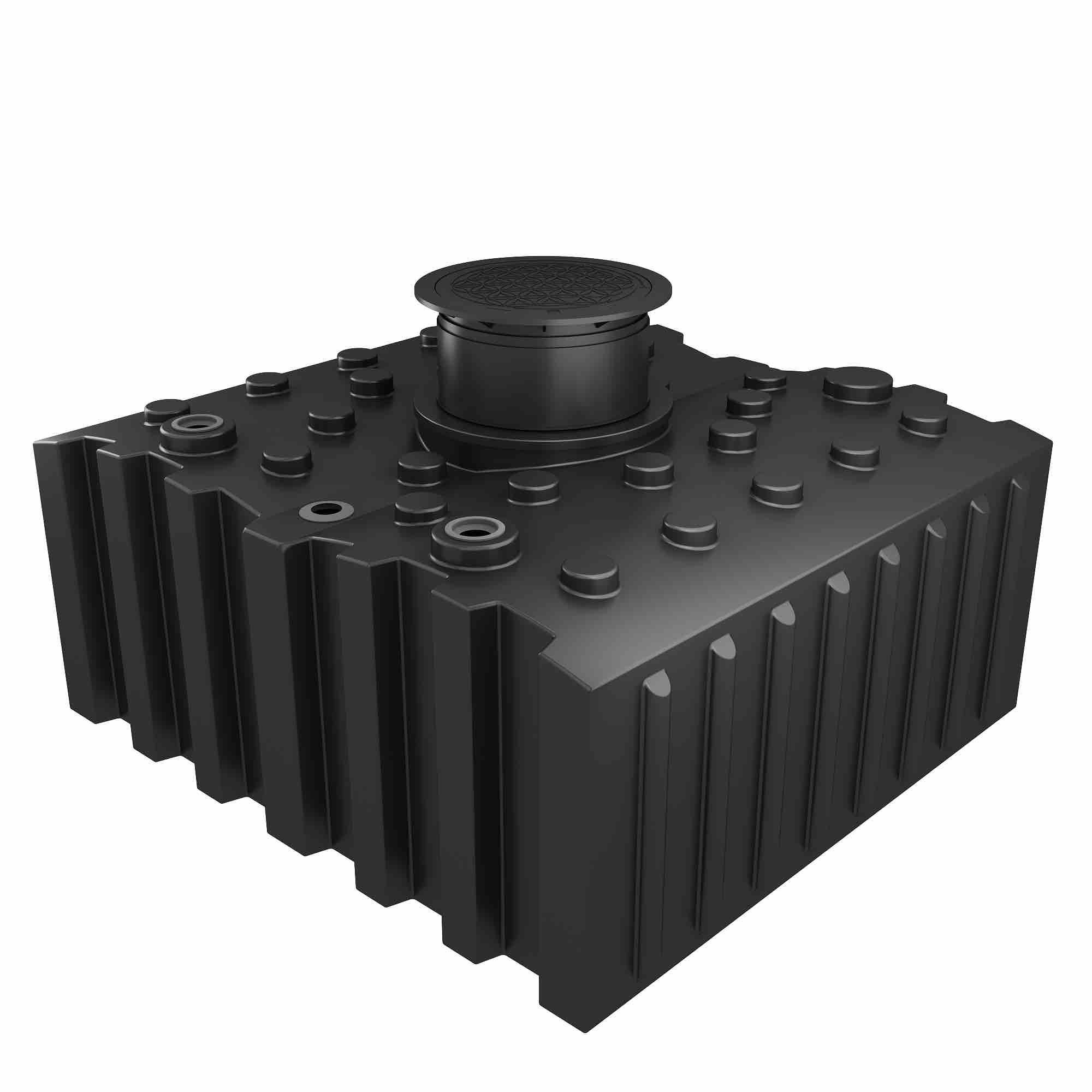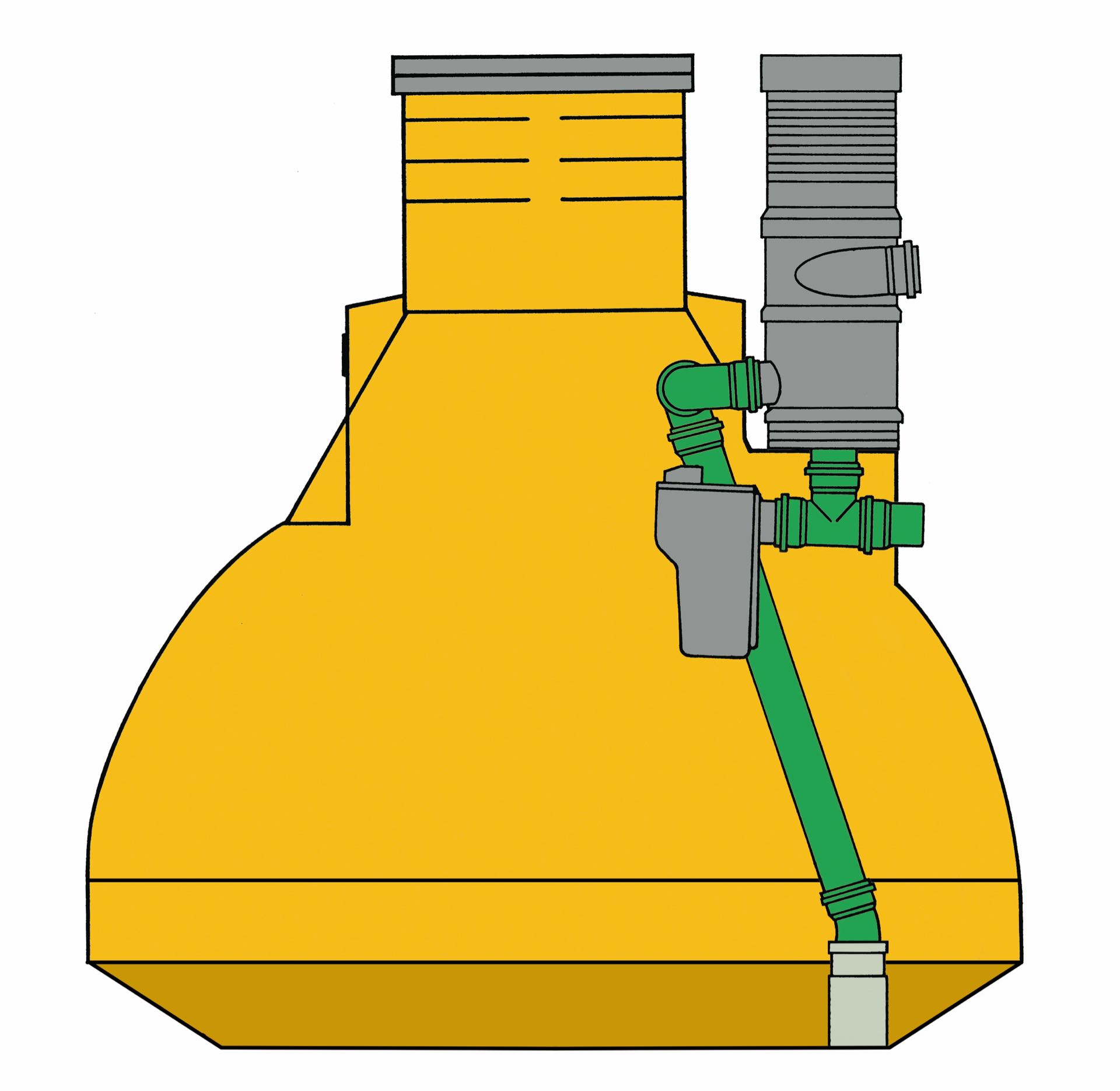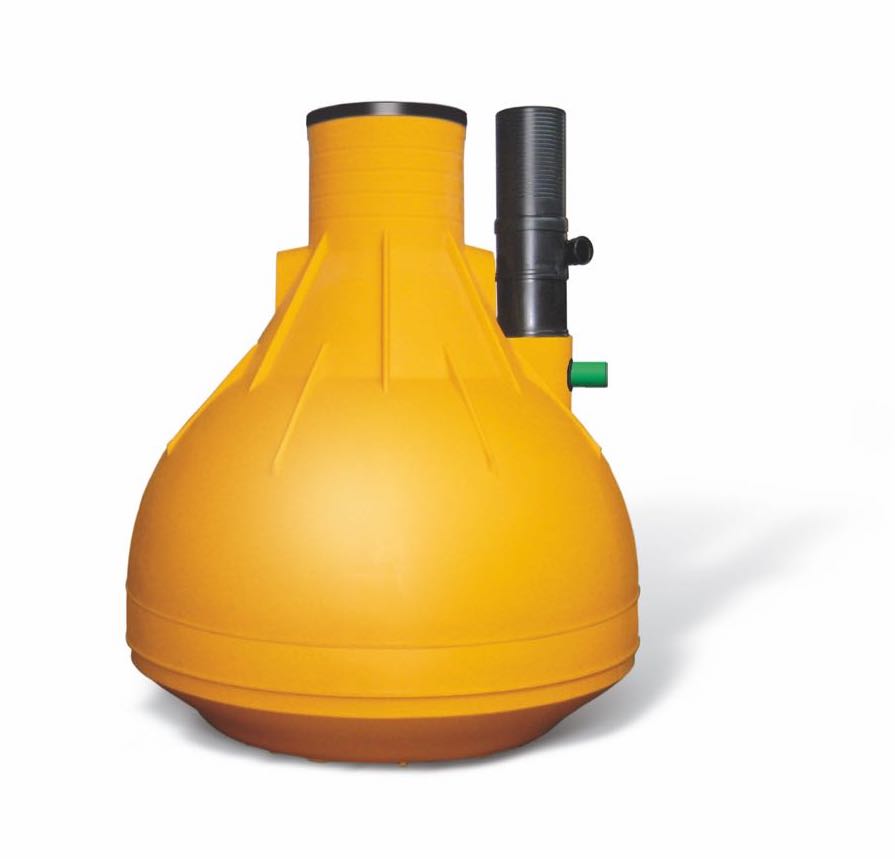What is grey water and why is it becoming increasingly important?
The sustainable use of water resources is increasingly coming into focus, but what exactly is grey water? In times of rising costs and dwindling resources, the reuse of already utilised water is becoming increasingly important. Whether for households, businesses or entire municipalities. The answers to this question open up exciting possibilities that are not only ecologically but also economically convincing. Reasons enough to delve deeper into this topic.
Das Wichtigste zusammengefasst
Grauwasser ist fäkalienfreies, leicht verschmutztes Haushaltswasser, das z. B. mit Lösungen hygienisch aufbereitet und als Betriebswasser wiederverwendet wird.
- Entsteht vor allem bei Dusche, Badewanne, Waschmaschine, Küche und Toilette (Schwarzwasser) werden getrennt.
- Typische Nutzung: Toilettenspülung, Bewässerung, Reinigung, teils auch Waschen, spart Trinkwasser und Abwasserkosten.
- Aufbereitung läuft mehrstufig: Vorfilter → Biologie → UV-Desinfektion, plus Steuerung und Speicher für sichere Qualität.
- Wichtig wird’s wegen Knappheit & Kosten; rechtssicher über EN 16941-2 und EN 1717 (Trennung vom Trinkwasser).
The sources of grey water in everyday life
Grey water is slightly contaminated wastewater from the household. It does not contain faeces and can be reused for purposes such as flushing toilets or watering the garden after appropriate treatment. Showers, bathtubs and washing machines in particular offer ideal starting points for the sustainable reuse of water. These sources supply large quantities of water every day that have so far remained unused in many households.
Clean separation is the basis for safe and hygienic reprocessing. Systems today are already able to automatically assess and differentiate quality depending on the source.
The definition of grey water makes it clear that not every source should be treated in the same way. The clearer the water from the source, the easier and more efficient the technical treatment will be. Anyone wishing to dispose of grey water should therefore rely on modern solutions that conserve resources and ensure safety at the same time. This opens up enormous potential for greater sustainability in both the private and commercial sectors.
Effective uses for treated grey water
The reuse of water offers numerous practical applications that make everyday life considerably more sustainable. Toilet flushing in particular is ideal, as many litres of fresh water can be saved here every day. Pre-purified water is also ideal for watering gardens and enables plants to be fed in a resource-saving manner. Anyone who wants to use grey water saves money and actively contributes to environmental protection.
In addition, treated water can be used to carry out cleaning work indoors and outdoors without any problems. Washing processes can also be made much more environmentally friendly with recirculation systems. In combination with rainwater systems, there is even greater potential for savings, as the two systems complement each other perfectly, thus increasing efficiency.
The advantages are also clearly evident in the commercial sector. In professional cleaning, large quantities of water can be saved without compromising the quality of the work. A grey water tank makes storage and reuse particularly convenient and safe. The reduction in drinking water consumption is not only measurable, but also makes a decisive contribution to conserving resources and reducing costs in the long term.

The advantages of using grey water at a glance
Reusing water is an important step towards greater sustainability in everyday life. A grey water system strengthens your own supply and makes you less dependent on the public infrastructure. High savings on drinking water and wastewater costs add up to a tangible financial benefit year on year. In addition, climate-friendly systems help to measurably reduce the carbon footprint while conserving valuable resources.
- Makes you less dependent on public infrastructure
- Significantly reduces drinking water and wastewater costs
- Reduces the CO₂ footprint
- Conserves resources and the municipal wastewater network
- Can be easily integrated into new buildings and smart homes
Sustainability can be experienced directly through the use of grey water, with every shower, every wash or in everyday cleaning. Such systems can be easily integrated into new buildings, renovations or modern smart homes in particular. At the same time, urban wastewater networks benefit as the load from the discharged water is reduced. The use of grey water thus combines ecological responsibility with practical benefits for private households and commercial users alike.

The technical structure of grey water systems
A modern grey water system combines several stages of purification in order to reliably treat the reused water. In the first stage, pre-filters retain hair, dirt particles and soap residue. This is followed by biological clarification stages, which ensure environmentally friendly purification, before UV disinfection effectively removes bacteria and germs. Control units automatically monitor the processes so that grey water treatment is continuous and safe.
Intermediate storage tanks ensure flexible availability throughout the day and adapt the water supply to actual demand. Modern systems are also characterised by low-noise, low-maintenance operation with a long service life. Thanks to their compact design, these systems are also suitable for small households, enabling a wide range of applications from single-family homes to larger buildings.
Legal basis for the use of grey water technology
The use of recycled water is generally permitted, provided that hygiene standards are met. A clear distinction, such as the difference between black water and grey water, is crucial in order to exclude risks and ensure safe use. Technical standards such as EN 16941-2 also ensure legal certainty and provide clear specifications on how the systems are to be planned and operated.
The legally prescribed separation from the EN 1717 drinking water system is also important in order to prevent mixing. Solutions for small and detached houses can often be realised without the need for a permit, as long as the installation is carried out professionally. Backflow protection systems and regular maintenance ensure reliable operation and make sure that the technology works trouble-free in the long term.
There are also subsidy programmes that make the purchase of such sustainable systems more financially attractive. In order to fulfil all requirements correctly, installations should always be carried out by certified specialist companies. In this way, owners not only benefit from legally compliant operation, but also from sustainable advantages that improve everyday life both ecologically and economically.
The right solution for every application
The possible applications of modern systems are diverse and can be optimally adapted to the respective requirements. Single-family homes can reuse water self-sufficiently and cost-effectively with a grey water tank, while apartment buildings benefit from centralised solutions that supply several residential units simultaneously. Commercial enterprises with high water consumption reduce their operating costs sustainably through recycling, and hotels or sports facilities also achieve major savings by reusing water from showers.
Mobile and modular systems also offer flexibility for smaller households and can be easily expanded if required. A small grey water system is perfect for tiny houses or garden sheds as it can be operated with minimal installation effort. In addition, the combination with rainwater technology creates particularly efficient overall solutions that make a valuable contribution to conserving resources in both private and commercial environments.
Rainwater filter for clean irrigation water
To be able to use clean rainwater for irrigation, it is advisable to install a rainwater filter. A downpipe filter, such as the GRS garden rainwater collector or the RS rainwater collector, reliably filters leaves and dirt particles out of the water and channels the cleaned rainwater into a rain barrel. For a convenient solution, such filters are often available in sets with a rain barrel, such as the rain barrel garden set from WISY. With a rainwater filter, clean, limescale-free water is always available to the garden, which not only cares for the lawn, but also saves resources and costs.
A well-designed irrigation system, the right amount of water and the optimum times of day help to keep the new lawn healthy and strong in the long term. This way, you can create the centrepiece of your garden with a well-tended lawn and keep it green and lush even on hot summer days.
If you would like to find out more about the benefits of rainwater utilisation and suitable systems such as downpipe filters, rainwater barrels or coordinated sets, we will be happy to help. Contact us and let us advise you individually on how you can water your garden sustainably and efficiently.

Grauwasser als Teil einer nachhaltigen Wasserstrategie
Die Wiederverwendung von Wasser leistet einen messbaren Beitrag zur Senkung von Umweltbelastung und Energiekosten und macht Nachhaltigkeit im Alltag greifbar, sei es im Bad, im Garten oder in der Industrie. Moderne Grauwasseranlagen sind langlebig, effizient und anwenderfreundlich und lassen sich ideal mit Solartechnik, Regenwassernutzung oder Smart-Home-Systemen kombinieren. So werden Grundwasserressourcen geschont und die öffentliche Infrastruktur entlastet. Gleichzeitig ermöglichen Investitionen in eigene Systeme eine größere Unabhängigkeit, von der Haushalte, Unternehmen und Kommunen langfristig gleichermaßen profitieren.













